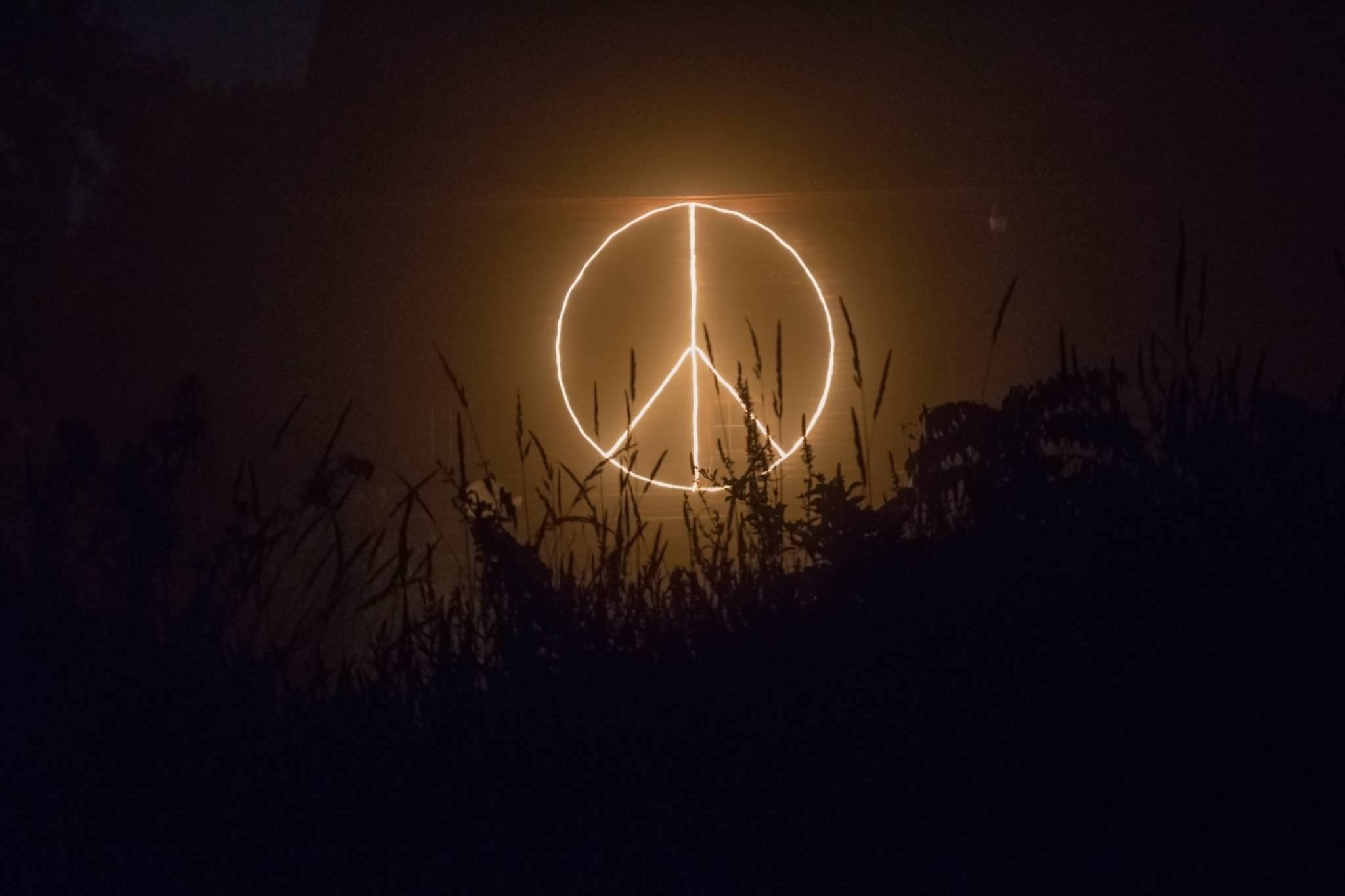Right now, the high moral ground is occupied by the hundreds of thousands of Americans peacefully assembling to protest the killing of George Floyd. And the responsible law enforcement officers protecting their First Amendment rights. The rioting doesn’t change that.
I’m not condoning the lawlessness that’s spun out of many of the protests. But I’m also uncomfortable with the way so many are lifting a line from Dr. Martin Luther King Jr.’s legacy to claim “a riot is the language of the unheard.”
If King were alive today, he’d unequivocally condemn the rioting. We know that because that’s what he did before he spoke those words in an interview for “60 Minutes” and his speeches titled “The Other America.”
You wouldn’t reach that conclusion reading a recent Guardian opinion piece by Arwa Mahdavi. She began by arguing there’s “no acceptable way” for the oppressed to stand up to their oppressor. And as an example, she smartly pointed out that too many Americans were offended by quarterback Colin Kaepernick peacefully taking a knee “ to protest against police brutality.”
[Peaceful vigil held in Juneau]
Mahdavi did attempt to put King’s famous line into the context he provided. America had failed to hear that “the promises of freedom and justice have not been met,” he said. And “that large segments of white society are more concerned about tranquility and the status quo than about justice, equality and humanity.”
Then she wrote “America still isn’t listening. The uncomfortable truth is that, sometimes, violence is the only answer left.”
Of course, it’s easy for a 64-year-old white man living comfortably in Alaska to say that violence is never the answer. But by Mahdavi’s logic, King couldn’t have argued in the same speech that non-violence was “the most potent weapon available to the negro in his struggle for justice and freedom.” Because in his day, the country had been breaking the equal protection promise of its 14th Amendment for a hundred years.
That fact allowed King to dismiss “the notion that only time can solve the problem of racial injustice.” Human progress, he explained, “never rolls in on the wheels of inevitability, it comes through the tireless efforts and the persistent work of dedicated individuals.”
The tension between the enduring persistence necessary to create true equality, and the justifiable impatience with America’s progress in that direction, isn’t resolved by violence. And it’s a tribute to King that the vast majority of the protesters understand that.
It’s also important to recognize that King didn’t speak those words while riots were tearing up cities across America. To have done so would have been construed as giving license to the rioters. And in the longer term, acquiescence to the Black Panther Party and Black Power Movement which believed that non-violence was an ineffective tool for change.
King certainly didn’t intend a 30-second segment of a 45-minute speech to become a soundbite during future riots. He offered it as a “final analysis,” a reflection on the nation’s historical resistance to racial equality and justice. Not to provoke anger and resentment, but to understand the prescription he offered for healing the country. “Social justice and progress” he said at Stanford University in April 1967, “are the absolute guarantors of riot prevention.”
But America didn’t listen.
The following summer, riots raced through more than 150 cities. Allegations of police brutality were at the center of more a few.
In March 1968, King delivered his second Other America speech. He was assassinated a month later. And the “language of the unheard” cried out in another summer of riots.
This isn’t the 60s anymore though. Progress has been made. But not enough. The crisis of the past decade has been the unjust police killings of unarmed black men and women. And the lack of accountability for the officers involved.
None of that is new. But modern video technology has made it impossible to deny. That’s how Kaepernick could say with conviction that there were “bodies in the street and people getting paid leave and getting away with murder.” And why he refused to stand for the national anthem.
That modest gesture outraged Americans more concerned with preserving the status quo of their leisure time than the injustice he was protesting. And they added to the inertia that keeps this vicious cycle going.
•Rich Moniak is a Juneau resident and retired civil engineer with more than 25 years of experience working in the public sector.Columns, My Turns and Letters to the Editor represent the view of the author, not the view of the Juneau Empire. Have something to say? Columns, My Turns and Letters to the Editor represent the view of the author, not the view of the Juneau Empire. Have something to say? Here’s how to submit a My Turn or letter.

